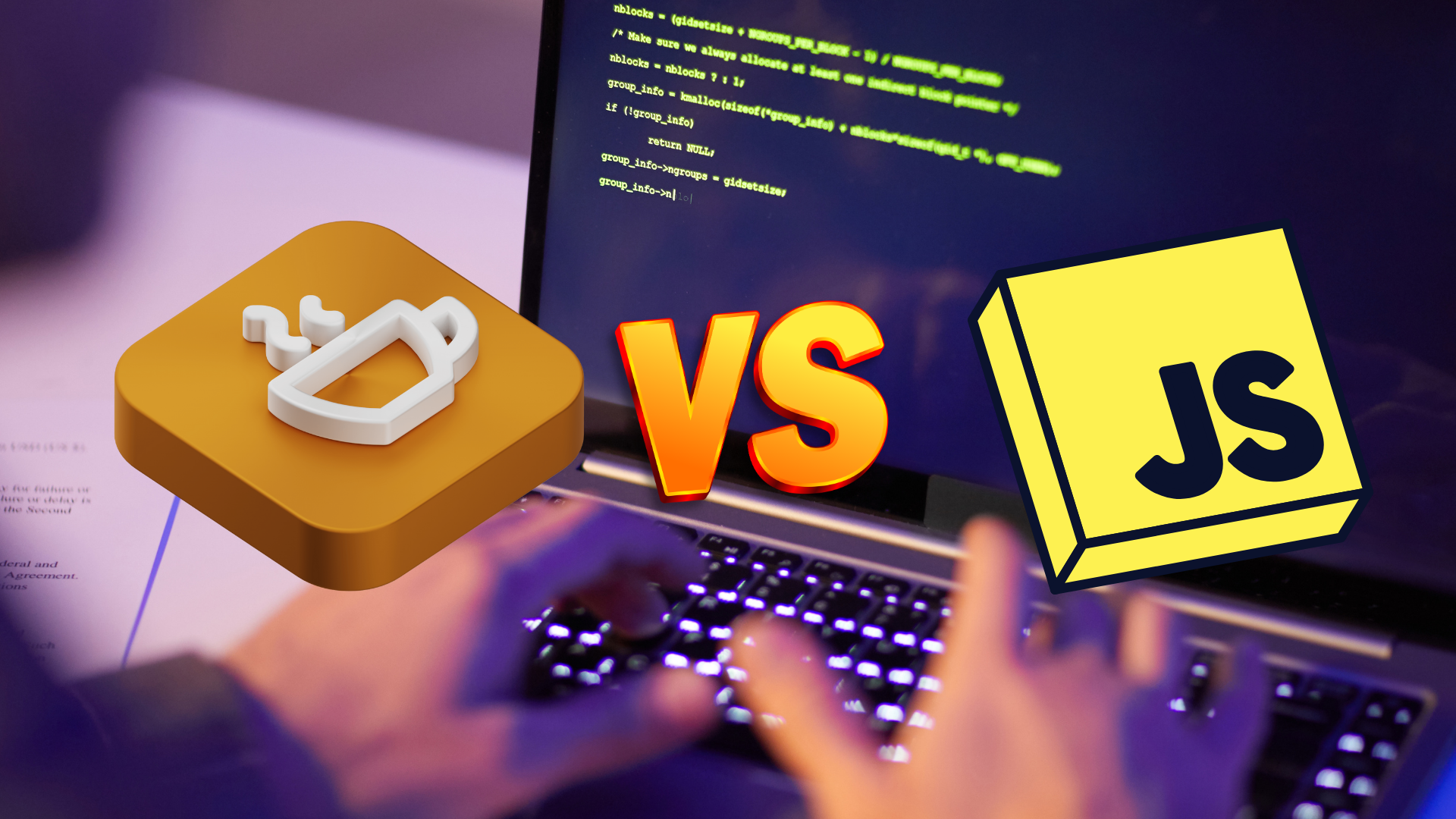Java, as well as JavaScript, is among the top two well-known programming languages currently used. Although they share the same name but they differ in numerous fundamental ways, such as their syntax, meaning, and type systems. In this article, we’ll explore these distinctions and focus on the kind of operator used in JavaScript that is a key component of the type system of the language. With this knowledge, developers can make educated decisions about the language they will choose for their projects and improve their programming methods.
Table of Contents
What are Java & JavaScript?
Java is an object-oriented programming language developed by Sun Microsystems in the mid-1990s. It is a language that can be compiled, which is mostly used to create enterprise and desktop applications, and also mobile applications that run on Android. Android operating system.
JavaScript, however, is a scripting language that was developed by Netscape Communications Corporation in the late 1990s to enable interactive elements on websites. Nowadays, JavaScript has evolved into an extremely powerful language that is utilized for the frontend and backend of web design.
Benefits of JavaScript
The client-side scripting language: JavaScript is primarily used as a scripting language for clients, which allows web developers to include new features, interactive content, and even dynamic images on websites.
It is easy to master: JavaScript is a relatively simple language to master and is easy for beginners as well as experts.
Demand is high: JavaScript is among the languages that are most sought-after by employers, and there are numerous jobs available.
Large community of developers: JavaScript has a large and active developer community, which means there’s plenty of support and resources on the internet.
Flexibility: JavaScript can be used to accomplish a range of tasks, including creating web-based applications to developing games and mobile apps.
Benefits of Java
Object-oriented Programming: Java is an object-oriented programming language that permits better organization and better reuse.
The robustness of Java: Java is a robust language that has built-in error handling and memory management, which makes it more secure and stable than many other programming languages.
Libraries that are large: Java is a huge collection of libraries and frameworks that make it easier and quicker to create applications.
The high performance of Java: Java is renowned for its speed and performance as well as its capacity to scale, making it an ideal option for developing enterprise-level software.
In the end, the two languages JavaScript and Java offer their own unique advantages and applications, and are useful tools for developers based on the requirements of the project.
What Is Syntax?
One of the biggest distinctions between Java the JavaScript JavaScript is the syntax. Java has an imposing and rigid syntax, which can be challenging for newcomers to grasp. However, JavaScript has a more fluid and simple syntax, making it simpler for novices to master.
For example, in Java, it is necessary to specify the type of data for the variable prior to making use of it. However, with JavaScript, you can declare variables without specifying the data type.
What Is a Type System?
Another major distinction that is significant between Java as well as JavaScript is their system of types. Java is a typed language, meaning that every variable must be declared explicitly with its data type, and the nature of the variable can’t be altered during the course of its use.
However, JavaScript is a loosely-typed language. This means that variables are declared without stating their data type. Likewise, the type of the variable could alter during the course of its use.
Type of Operator in JavaScript
The type of operator used in JavaScript has a built-in function that returns the type of data of a particular variable. It is represented as the word “typeof”. Type of Operator can be useful in debugging and error management since it allows developers to verify the type of data in the variable prior to performing any operations on it.
For example for instance, for instance, the “typeof” operator in JavaScript can be used to determine the type of data of a variable, and to ensure that the right operation is executed on it. It is also used to verify the data type that a parameter in a function prior to performing the function.
Conclusion
In the end, Java and JavaScript are two distinct programming languages that have distinct syntaxes, goals, and styles. Java is an interpreted language that is used mostly to build applications for desktops and enterprises, and JavaScript is a scripting language utilized for the addition of interactive features to websites and is now an all-purpose language.
The operator type in JavaScript is an excellent tool to help debug errors and improve error handling, especially to determine the type of data of variables. Understanding the differences between types for Java and JavaScript will help developers choose the correct programming language to accomplish the task and write more efficient and well-coded code.




